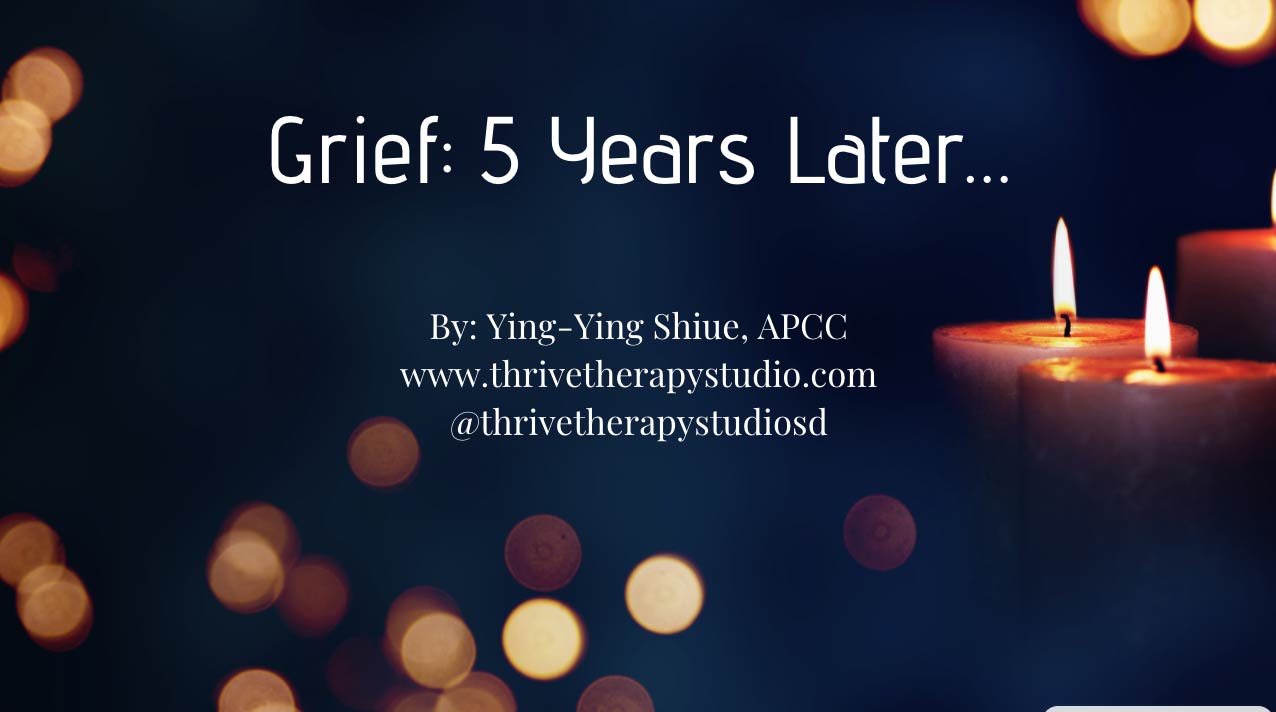Around this time in 2016, I had a close friend of mine die in a car accident. It’s definitely one of the worst things that has happened in my life. I can still recall the first 24 hours of receiving the news. I was devastated. It wasn’t real, and my friends and I struggled to support each other as we all were experiencing our own grief in our own ways. Triggers flew around with no warning sign, and I was a mess. Two weeks after the accident was also his birthday. Instead of celebrating another year of his life and looking forward towards his future, we all mourned his death and the loss of our friend.
I’ve experienced other losses in my life, but grief is funny in that it never really feels the same. Every situation feels different, and this one… this one has impacted me in ways much deeper and more profound than I could have ever anticipated.
Every year since, I have “dark days” during those two weeks between the anniversary of his death and his birthday. I allow myself to move a little slower. I give myself a little more space to be alone or to lean on others. I let go of any expectations to overachieve. I allow myself to cry when I need to, work when I need to, and reminisce about memories shared and wonder about memories lost, the moments that could’ve been.
Grief doesn’t have an expiration date. It’s not something you “get over.” It’s something you live with and move through. Grief changes you but know that your grief will change too.
I’ve been able to accept my grief. Am I still sad he’s gone? Yes. Do I still cry sometimes? Absolutely. Do I wish I had more time with him? Desperately. I still wonder about what he’d say or how he’d react to something. But I also now welcome the moments that remind me of my friend because it means that he was important and that his life mattered. It means that I was impacted and that he made a difference. I believe that’s what friendship is about. Human connection, and so I find comfort in my grief because it means that his life meant something.
If you know of someone who is grieving and want to give them support, the best thing you can do is to be there for the grieving person. Consider what you would want from someone (a hug, time together, distraction, meals cooked for you, etc.) and offer that but try not to expect anything from them. Since everyone grieves differently, it’s important to offer what you can but to avoid putting any pressure on them to grieve or respond in any specific way.
I also think it is important that you do not try to fix grief for someone else. You might need to sit with and accept that nothing you say or do will make this time easier or happier. Grief is just hard. Period. But, it is a natural part of our lives and something we all need to wade through rather than avoid. And it is certainly helpful to wade through it with a supportive friend or family member if that person can allow the grief to exist when it is there and to subside when it is not. I often reference grief as being similar to a wave, it will come and go and the intensity can vary. While time can heal, grief never goes away but becomes more bearable.
I found this article to be helpful on some tips on providing support to someone experiencing grief.
https://www.helpguide.org/articles/grief/helping-someone-who-is-grieving.htm
If you’re struggling in your grief, just know that you aren’t alone and know that we are here for you! Grief does not discriminate. It is something everyone feels it at some point in their lives. If you’re looking for some support, we are here to support you.
Reach out to start
your healing journey


